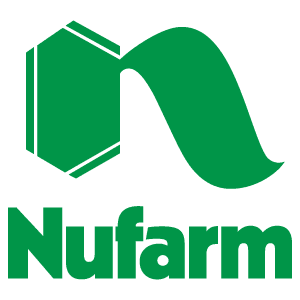MAJOR crop protection company, Nufarm Limited, expects its underlying earnings before interest and tax (EBIT) for the 12 months to 31 July 2018 to be approximately 5 per cent above the previous year (FY17 underlying EBIT: $302.3 million).
 This compares to the guidance of 5 to 10pc growth provided at the first half results release.
This compares to the guidance of 5 to 10pc growth provided at the first half results release.
In a statement, Nufarm said the trading result had been impacted by challenging climatic conditions across the key regions of Australia/New Zealand, Europe and North America.
The company said there had been a continuation of dry conditions in Australia in April, with many parts of the country recording their driest April on record.
Whilst it is not too late for the major cereal growing areas, there has been no break on the eastern seaboard.
This has limited pre‐plant spray opportunities, with the emphasis switching to the smaller post‐emergent spray opportunity.
The dry conditions have also reduced canola plantings, with many canola seed orders being cancelled in the last two weeks.
Overseas markets
The extended winter in both Europe and North America has delayed grower demand for our products.
In the United States, the turf and ornamental business has been impacted with little to no treatments applied during the April month.
The delayed start to the season places strain on the supply chain and may increase logistics costs, particularly in the US.
The company said the European Commission member states’ decision on April 27 to restrict the use of neonicotinoids to indoor uses may also impact earnings.
While the use restrictions do not come into effect until after the end of the financial year, there may be some adverse impact on sales in the current year.
Underlying strength
With the majority of Nufarm’s sales falling into the second half, Nufarm managing director and CEO Greg Hunt said that whilst the challenging climatic conditions had impacted the group’s sales in major regions during the key pre‐plant period, the underlying business remained strong.
He said it was better positioned to withstand adverse seasonal conditions due to the transformation program the company had undertaken over the past three years.
“We will continue to manage the things that we can control, and remain confident we will deliver growth more than the global crop protection market,” he said.
The delayed season will also have an impact on the phasing of net working capital, and will result in a higher level of net working capital at 31 July as compared to the previous year.
However, the expectation is for the average net working capital to sales to remain well controlled in the 37 to 38 per cent range.
Source: Nufarm
Grain Central: Get our free daily cropping news straight to your inbox – Click here

HAVE YOUR SAY